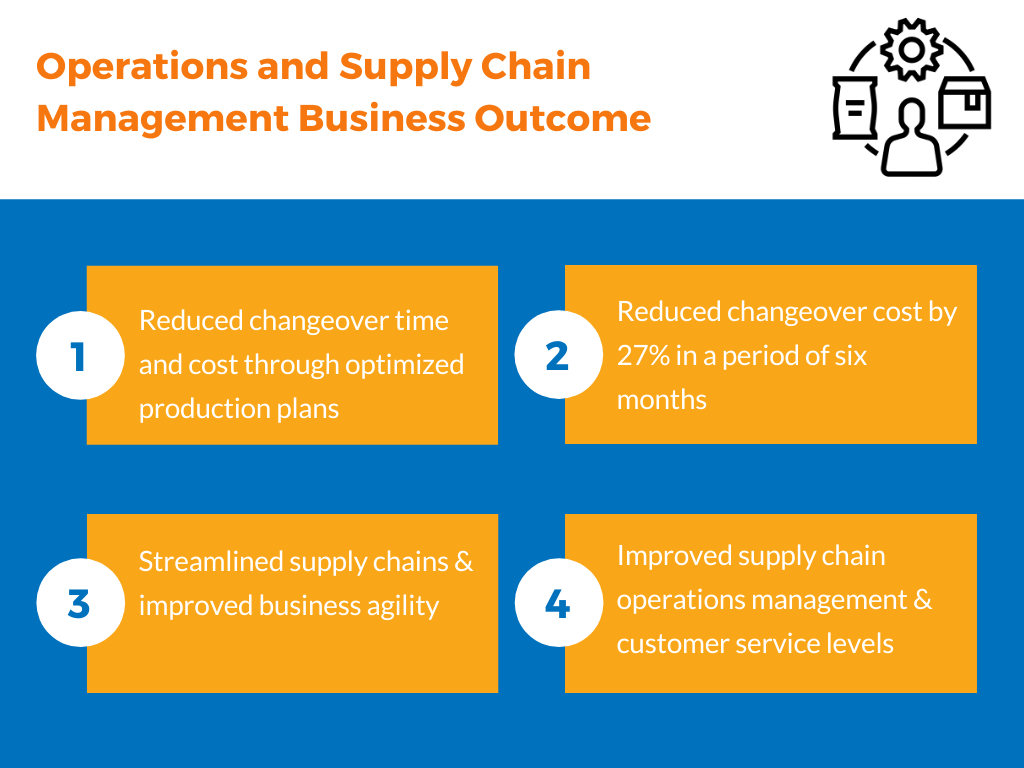
A chemical engineer is an expert in engineering and chemistry. These engineers create and operate equipment and processes that convert raw material into products. They manage all aspects of production, from the design and operation of equipment to the layouts. Whatever your interests, a chemical engineering degree could be lucrative and highly rewarding. These are the career opportunities available in chemical engineering. These professionals make a difference in every industry they work in, including food and pharmaceuticals.
Aerospace engineering is one of the most difficult majors
A major in aerospace engineering requires intense discipline. This major doesn't allow for college party culture. You will need to dedicate hours studying and doing course-related assignments. It is also called rocket science. Aerospace engineering is the design, construction and research of spacecraft and air. This includes both the aeronautical and astronautical branches. Students will be required to learn heavy mathematics and fluid dynamics.
Chemical engineering is one of the most straightforward majors
The first step to pursuing a career in chemical engineering is to achieve a high high school grade point average (GPA). Colleges expect majors in chemical engineering to do rigorous coursework in highschool. Taking AP classes is a great way to impress admissions officials. AP classes also give students a solid academic foundation. Chemical engineers have a high-paying career. The median salary for 2020 is $96,300.

It requires mathematics, physics and chemistry.
Most undergraduate programs in chemical engineers require 120-130 credits and last four years. Students will learn how to design, fabricate, and analyze chemical products and processes, and develop manufacturing equipment. Along with classroom learning, chemical engineering students also take courses on physics, math, and chemistry. Internships are also available. Some programs offer doctoral degrees. At least a bachelor's level in chemical engineering is necessary to get a PhD.
It is a stable industry
Chemical engineering has many jobs. Chemical engineers can work in laboratories or offices. However, they might also be on-site, where they solve problems and direct operations. They can work long hours to meet deadlines, but they may also be on call at certain times. This field requires knowledge of many complex topics. Computer-aided design software is one example of a tool that a chemical engineer could use to design the most efficient process.
It pays well
There are many entry-level jobs for college graduates. If no position has been posted, you can look for an internship. ExxonMobil and other companies may have openings. There are many jobs available in finance, engineering, operations, geoscience, and finance. You can also concentrate on your areas of expertise, such a geophysics, operations, or information tech.
It is an old subject.
Chemistry engineering is fascinating and challenging. The many applications of chemical engineering are what you will learn as a student. You will learn about the design and construction of industrial processes involving complex operations. Unit operations in chemical plants will be covered. You will also learn about the consequences of changing variables. Throughout the history of chemical engineering, innovative approaches have been implemented to improve student understanding and participation.

It is a good fit for students who want to be in the field
There are many reasons to majoring in chemical engineering if you are interested working in the chemical industry. Chemical engineering is not only a specialist field, but it also integrates with other disciplines like electrical and mechanical engineering. Chemical engineers have the ability to identify and solve problems in chemical manufacturing, use, transportation and distribution. Fuel, drugs, food, and other chemicals are just a few of the many chemicals that are used today. You can focus on subgroups depending on your interests.
FAQ
How can I find out more about manufacturing?
You can learn the most about manufacturing by getting involved in it. You can also read educational videos or take classes if this isn't possible.
What are the products of logistics?
Logistics is the process of moving goods from one point to another.
They include all aspects associated with transport including packaging, loading transporting, unloading storage, warehousing inventory management customer service, distribution returns and recycling.
Logisticians ensure the product reaches its destination in the most efficient manner. They help companies manage their supply chain efficiency by providing information on demand forecasts, stock levels, production schedules, and availability of raw materials.
They also keep track of shipments in transit, monitor quality standards, perform inventories and order replenishment, coordinate with suppliers and vendors, and provide support services for sales and marketing.
Why is logistics important in manufacturing
Logistics are essential to any business. They enable you to achieve outstanding results by helping manage product flow from raw materials through to finished goods.
Logistics play an important role in reducing costs as well as increasing efficiency.
Statistics
- According to the United Nations Industrial Development Organization (UNIDO), China is the top manufacturer worldwide by 2019 output, producing 28.7% of the total global manufacturing output, followed by the United States, Japan, Germany, and India.[52][53] (en.wikipedia.org)
- (2:04) MTO is a production technique wherein products are customized according to customer specifications, and production only starts after an order is received. (oracle.com)
- Many factories witnessed a 30% increase in output due to the shift to electric motors. (en.wikipedia.org)
- According to a Statista study, U.S. businesses spent $1.63 trillion on logistics in 2019, moving goods from origin to end user through various supply chain network segments. (netsuite.com)
- In 2021, an estimated 12.1 million Americans work in the manufacturing sector.6 (investopedia.com)
External Links
How To
How to Use the 5S to Increase Productivity In Manufacturing
5S stands as "Sort", Set In Order", Standardize", Separate" and "Store". Toyota Motor Corporation was the first to develop the 5S approach in 1954. It improves the work environment and helps companies to achieve greater efficiency.
The basic idea behind this method is to standardize production processes, so they become repeatable, measurable, and predictable. This means that daily tasks such as cleaning and sorting, storage, packing, labeling, and packaging are possible. Workers can be more productive by knowing what to expect.
Five steps are required to implement 5S: Sort, Set In Order, Standardize. Separate. Each step involves a different action which leads to increased efficiency. You can make it easy for people to find things later by sorting them. When items are ordered, they are put together. Then, after you separate your inventory into groups, you store those groups in containers that are easy to access. Labeling your containers will ensure that everything is correctly labeled.
This requires employees to critically evaluate how they work. Employees must understand why they do certain tasks and decide if there's another way to accomplish them without relying on the old ways of doing things. In order to use the 5S system effectively, they must be able to learn new skills.
In addition to improving efficiency, the 5S system also increases morale and teamwork among employees. They are more motivated to achieve higher efficiency levels as they start to see improvement.